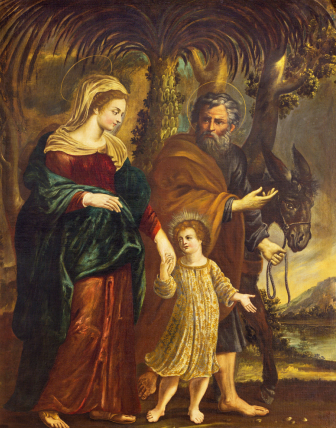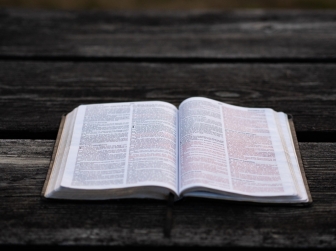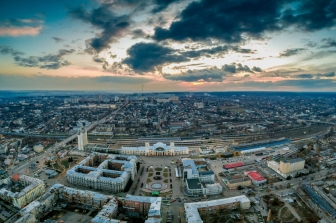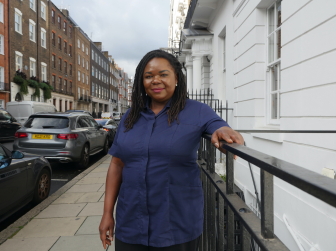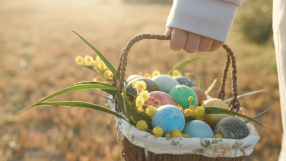It was a familiar story throughout my teenage years. Every summer at Soul Survivor, the then-new festival for young people which my church youth group attended, I'd have an amazing, faith-building experience of the presence and power of God. I would return home to my church, utterly sure of the existence of God, and full of passion to serve and introduce others to him. Yet every year, just a few weeks later, and usually by the time the new school term had begun, those feelings of surety and passion had all but dissipated. This was Christian Festival High Syndrome – and I was a recurring sufferer.
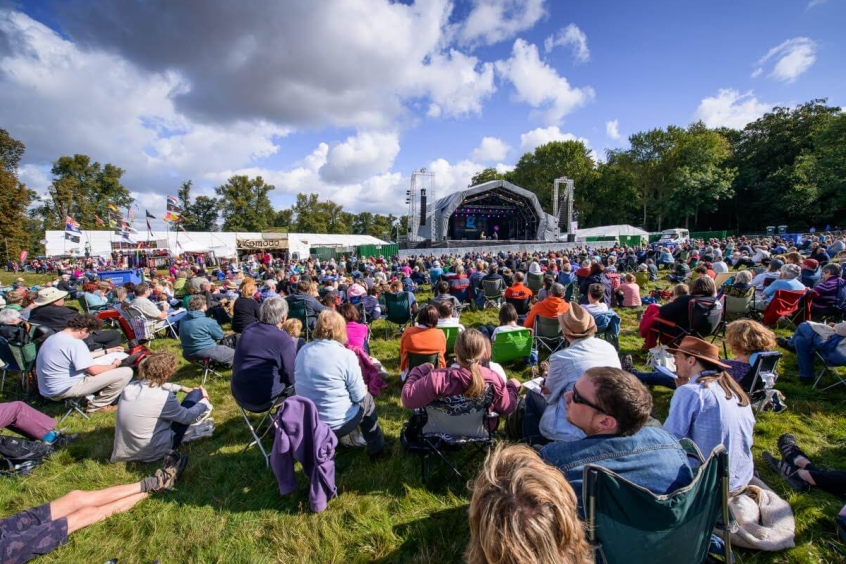
There were lots of reasons behind my inability to sustain the excitement about Jesus that had led me to respond to the altar calls each year. For a start, even the most youth-friendly churches don't offer an experience like that festival Big Top, where the whole event is shaped to appeal to experientially-wired teenagers. There's always a slightly weird disconnect when you return from any festival to your home church, like the unsettling feeling of descent from a mountain top to ground level, but sometimes it's much more hard-hitting, particularly where the gulf between those two places of worship is most pronounced.
On top of that, the summer holidays are often the time of year when church youth activities shut down. It's understandable, given that youth leaders need a rest, but frustratingly this is also the point in the year when young people tend to have the most free time. What it means however is that when they return from the Mountain Top, fully-inspired, determined to live differently and ready to be pastored... there's often no-one around to pastor them. In my experience, that summer high died down remarkably quickly each year in the sudden lack of support and challenge.
Again, I don't blame my youth leaders for wanting a holiday – but the reality of the calendar meant that when I returned to youth group at the start of the new term, that absolute, unswerving certainty I'd felt about my priorities and my faith had melted away in the interim.
Of course, when we leave Christian residential events, we're exiting a bubble that we hadn't even noticed immersing ourselves in. It's hardly surprising that when we re-enter a world where people don't stop to pray for each other in the street or (thank the Lord) offer everyone 'free hugs', we find it difficult to be so single-minded about our faith.
Perhaps most of us recognise this problem, either in our own experience, or in the lives of those we pastor, parent or live alongside. Big Christian events have such power to lift our eyes, encourage, challenge and inspire us, and convince us that this movement we're a part of really does have the power to change the face of our communities. Yet so often so much of their power – the effect they had on us at the time – drains away before we get a chance to channel it into action. So is there anything we can practically do to stop or even reverse this familiar story?
First of all, a bit of self-awareness goes a long way. Realising that this problem is a recurring one and planning for it in advance was what finally helped me to break the cycle of highs and lows in my own life. Now when I come back from a festival or event, I make sure I've booked some times into my diary that will help turn the Mountain Top moments into some sort of ground-level reality. Coffees with friends who'll help me process what I've learned; quiet time to be alone with God and talk to him about what happened. Unless we plan these things in advance, they often don't happen – but if they do, they help us to relocate those big supernatural experiences in our everyday life.
Second, it's good to try not to lose contact with reality when we're in the bubble. After three days at a summer event, I'm usually so ensconced in the Christian subculture that I begin to develop a taste for quiche and start to seriously consider buying a Christian t-shirt. These things are not normal. So whatever you need to do to stay in touch with the real world – whether it's buying a newspaper each day or taking a couple of excursions off-site – it's all important if you're going to bridge the gap between the event and the world outside it.
Finally, as leaders there are some practical things we can do to support those returning from the unreality of the festival. Getting a break is really important if you're going to be refreshed and ready for the new term, but creating some contact points across the summer is vital – especially for young people who've gone away to experience God, perhaps for the first time, and then face a long wait until the start of the new term and youth group programme. Just a chance to talk, process, and perhaps to spend some time praying and worshipping God together could make all the difference.
As part of this, it's great to be able to put some sort of physical resource into the hands of people who now face the challenge of living out a heightened sense of faith and purpose in everyday life. For the last year, the team at Youthscape has been developing exactly this sort of resource, for use with young people. Called Shuffle, it's a card-based game which takes teenagers through a 42-day journey of living out the Christian faith in practice, by giving them a daily challenge, Bible reading and prayer. It's currently only available through the Youthscape store here. The idea is simple: that when we come away from the big event 'high', we all need a bit of help to make sense of what happened. The cold turkey version of that journey back to reality is just too dramatic.
Summer events and festivals are brilliant. So many people choose to follow Jesus there, or to recommit their lives to him; last week I was at a Soul Survivor event where 331 teenagers made that decision for the first time. But unless we're proactive about what comes next, so many of those young people will sadly share my own experience as a teenager – returning to the real world, and finding it strangely incompatible with the place they've just been. We can beat Christian Festival High Syndrome – we just need to take a few practical steps to bridge the gap between the mountain and the plain.
Martin Saunders is a Contributing Editor for Christian Today and the Deputy CEO of Youthscape. Follow him on Twitter @martinsaunders.
